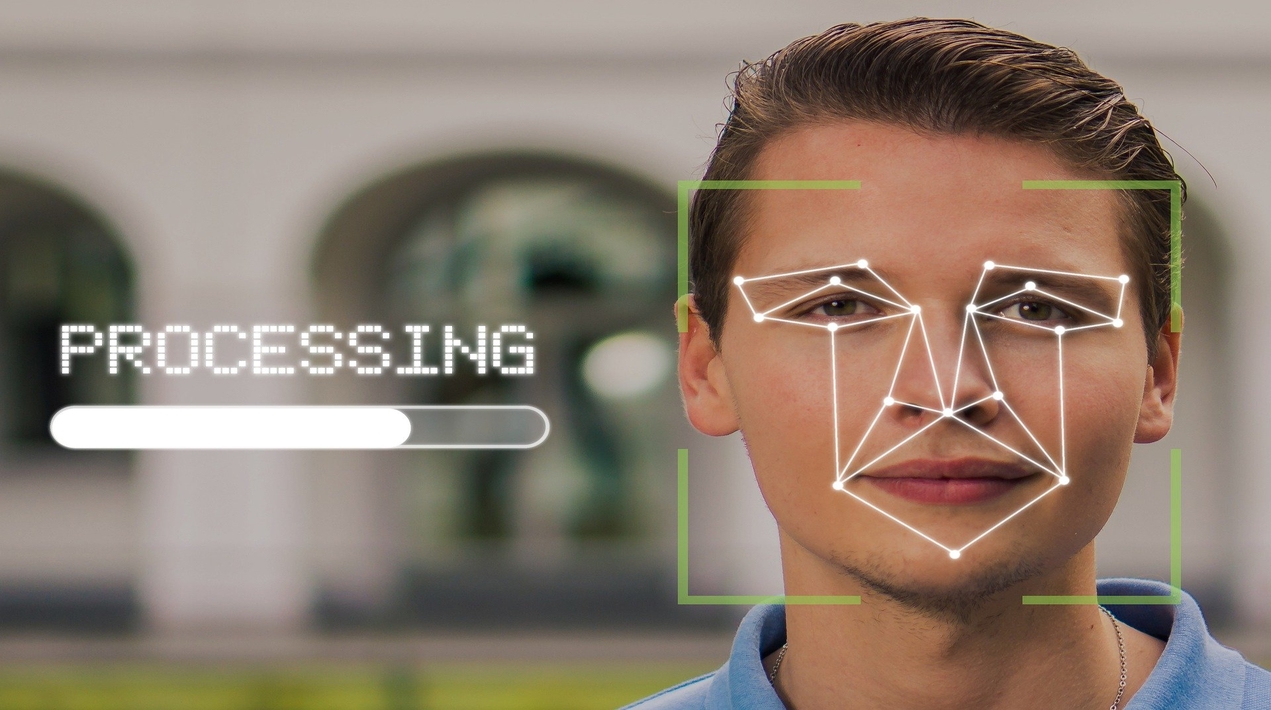
A team of psychologists from UNSW Sydney have developed a new facial recognition ability test for the recruitment of experts for a variety of police and government agencies. The team has updated the 10-year-old Glasgow Face Matching Test with modifications designed to better identify high-performing facial recognition individuals known as super-recognisers. The test can be used to recruit for roles including visa processors, passport issuers, border control officers, police, contract tracers and security staff in private industry.
According to Scientia Fellow Dr David White from UNSW Science’s School of Psychology, comparing unfamiliar faces and deciding if they show the same person is a task that most participants find very challenging, even with years of experience.
A major finding in the field in recent years has been that some people are much better than others at identifying faces from photographs. This is an insight that has changed the way staff are recruited, for example, passport and police officers, he said.
White, the lead investigator of UNSW Sydney’s Face Research Lab, said super-recognisers have been used by the London Metropolitan Police Service in criminal investigations, including famously in the alleged poisoning of former Russian spies in Salisbury. These super-recognisers could prove increasingly important for verifying automatic face matches that could have major implications such as wrongful arrests.
This could prove particularly important in Australia in light of the proposal to introduce a centralised database that houses photos collected by a range of state and federal agencies, including police charge and passport photos, immigration documents and driver’s licences.
White said the test has been updated to involve matching faces across changes that make face identification difficult in real-world tasks. For example, when matching CCTV to mugshot images, there may be changes in head angle, subject-to-camera distance, image quality and expression. It also includes tests that target low-performing face recognition individuals such as people with prosopagnosia, or ‘face blindness’ it was noted.
The post-COVID 19 global facial recognition market size is expected to grow from US$3.8 billion in 2020 to US$8.5 billion by 2025, at a Compound Annual Growth Rate (CAGR) of 17.2% during the forecast period.
The major factors driving the growth of the facial recognition market are the growing importance of the surveillance industry, increasing investment in facial recognition technologies by the government and defence sector, and increasing technological advancement across industry verticals.
However, facial occlusion and face detection error and lack of knowledge and awareness are some of the major challenges hindering the growth of the facial recognition market.
The growing number of government and defence investments in implementing facial recognition technology for various activities, such as border control and criminal identification, are driving the adoption of facial recognition technology solutions and services.
Facial recognition eases the process of identification and verification; hence it is being adopted widely for immigration at airports and attendance tracking and monitoring. The increasing technological advancements across sectors are encouraging enterprises to adopt facial recognition tools and services for easier manual processing and time-saving.
Various governments are relying on ubiquitous sensors and powerful analytics algorithms, instead of the physical presence of a human. In the war against COVID-19, several governments have implemented these new surveillance devices in healthcare, public safety, and surveillance applications. There are some major surveillance and authentication use cases of facial recognition to fight against COVID-19.
Governments of all the COVID-19 affected nations have allocated special budgets to fight the epidemic. Different countries are also using digital technology to tackle the pandemic by strict monitoring with Closed-Circuit Television (CCTV) cameras and using smart city services, such as smart transportation, smart parking, and smart citizen services for their citizens. People are advised to use delivery apps for essential items required. Maps are used to locate the real-time availability of essential items with confirmation from local people over the app. Digital banking transactions are also promoted to avoid the touch and flow of contaminated cash.
















